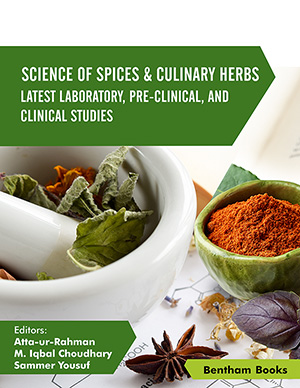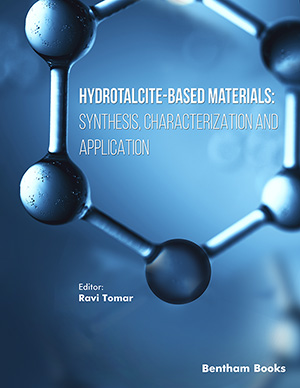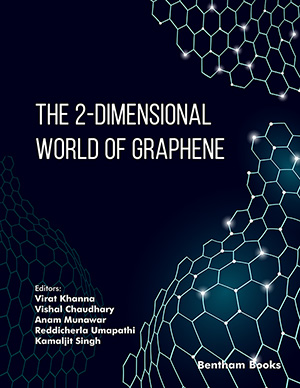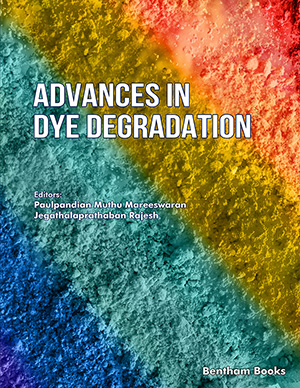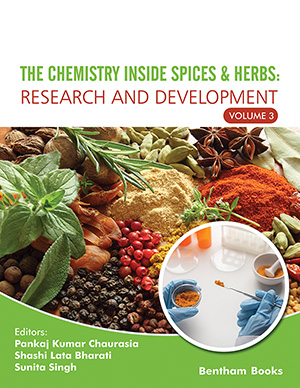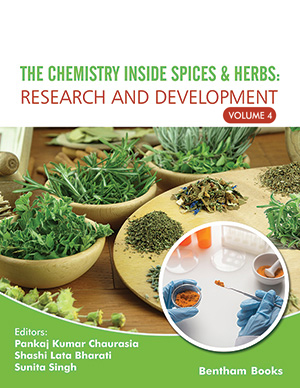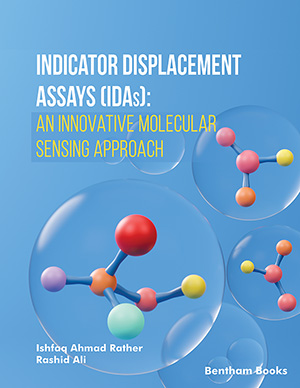Abstract
Background: Esophageal cancer is a malignant tumor with a low survival rate. Statins, commonly prescribed for their lipid-lowering effects, have been suggested to possess potential chemopreventive properties against various cancers, including esophageal cancer.
Objectives: This systematic review studied the association between statin intake and esophageal cancer.
Methods: To conduct this systematic review and meta-analysis, we reviewed studies published between 1980 and June 2023 in Web of Science (WOS), Embase, MEDLINE/PubMed, Scopus, and Cochrane Library databases according to the PRISMA guidelines. Data extraction, quality assessment, and statistical analyses were performed using predefined protocols. We used various statistical tests conducted by Stata statistical software. Statistical significance was considered significant at p < 0.05.
Results: Twenty-one studies were collected and analyzed. The meta-analysis demonstrated that the odds ratio (OR) of esophageal cancer in patients treated with statins was 0.65 (95% CI: 0.57-0.75, p < 0.001) compared to the non-receiving group. The ORs for case-control and cohort studies were 0.67 (95% CI:0.54-0.83, p < 0.001) and 0.62 (95% CI:0.55-0.71, p < 0.001), respectively. The investigation into the relationship between the statins intake and the incidence of esophageal cancer did not reveal any indication of publication bias according to both Begg's test (p = 0.966) and Egger's test (p = 0.113).
Conclusion: The results revealed that the odds of esophageal cancer in patients treated with statins decreased by 35% compared to patients not treated with statins. However, further well-designed prospective studies are needed to validate these findings and understand the underlying mechanisms of statins in preventing esophageal cancer.
Keywords: Statin, esophageal cancer, systematic review, meta-analysis, statistical analyses, odds ratio.
[http://dx.doi.org/10.21037/atm-20-2798] [PMID: 33569404]
[http://dx.doi.org/10.5946/ce.2021.152] [PMID: 35144364]
[http://dx.doi.org/10.3748/wjg.v25.i25.3231] [PMID: 31333314]
[http://dx.doi.org/10.1038/s41598-020-61874-7] [PMID: 32184470]
[http://dx.doi.org/10.3390/ijms24076018] [PMID: 37046992]
[http://dx.doi.org/10.1007/s10654-022-00899-w] [PMID: 35982188]
[http://dx.doi.org/10.7759/cureus.33648] [PMID: 36788860]
[http://dx.doi.org/10.3390/jcm11237180] [PMID: 36498753]
[http://dx.doi.org/10.4251/wjgo.v14.i1.110] [PMID: 35116106]
[http://dx.doi.org/10.5114/aoms/123225] [PMID: 35154535]
[http://dx.doi.org/10.5306/wjco.v11.i8.573] [PMID: 32879845]
[http://dx.doi.org/10.1158/1940-6207.CAPR-22-0420] [PMID: 36597731]
[http://dx.doi.org/10.1016/j.jacc.2011.04.015] [PMID: 21777752]
[http://dx.doi.org/10.1038/ajg.2012.387] [PMID: 23247577]
[http://dx.doi.org/10.1007/s10620-015-3569-0] [PMID: 25680872]
[http://dx.doi.org/10.1136/gutjnl-2017-314472.375]
[http://dx.doi.org/ 10.1136/gutjnl-2012-302514d.8]
[http://dx.doi.org/10.1016/S0016-5085(14)60437-6]
[http://dx.doi.org/10.1038/sj.bjc.6601566] [PMID: 14760377]
[http://dx.doi.org/10.1002/pds.1507] [PMID: 17944002]
[http://dx.doi.org/10.1016/j.cgh.2009.06.001] [PMID: 19523538]
[http://dx.doi.org/10.1136/bmj.c2197] [PMID: 20488911]
[http://dx.doi.org/10.1053/j.gastro.2010.02.045] [PMID: 20188100]
[http://dx.doi.org/10.1053/j.gastro.2011.08.036] [PMID: 21878200]
[http://dx.doi.org/10.1186/1471-2407-11-409] [PMID: 21943022]
[http://dx.doi.org/10.1097/MEG.0b013e3283543f01] [PMID: 22569083]
[http://dx.doi.org/10.1158/1055-9965.EPI-11-1014] [PMID: 22241250]
[http://dx.doi.org/10.3402/ljm.v7i0.18830] [PMID: 22891079]
[http://dx.doi.org/10.1111/j.1442-2050.2012.01412.x] [PMID: 22989236]
[http://dx.doi.org/10.1517/14740338.2013.778241] [PMID: 23470154]
[http://dx.doi.org/10.14423/SMJ.0000000000000212] [PMID: 25502158]
[http://dx.doi.org/10.1053/j.gastro.2013.11.046] [PMID: 24315828]
[http://dx.doi.org/10.1177/2050640614523596] [PMID: 24918013]
[http://dx.doi.org/10.1136/bmjopen-2014-006640] [PMID: 25633286]
[http://dx.doi.org/10.1053/j.gastro.2015.07.009] [PMID: 26208896]
[http://dx.doi.org/10.1016/j.gie.2015.12.036] [PMID: 26772891]
[http://dx.doi.org/10.1159/000520924] [PMID: 34929693]
[http://dx.doi.org/10.1007/s00432-022-04075-1] [PMID: 35660949]
[http://dx.doi.org/10.1007/s12029-017-9983-0] [PMID: 28691139]
[http://dx.doi.org/10.1016/j.cgh.2012.12.036] [PMID: 23357487]
[http://dx.doi.org/10.1007/s10620-015-3869-4] [PMID: 26386857]
[http://dx.doi.org/10.1097/MD.0000000000016480] [PMID: 31335710]
[http://dx.doi.org/10.1097/MD.0000000000033359] [PMID: 36961185]
[http://dx.doi.org/10.4103/jpgm.JPGM_271_18] [PMID: 31603078]
[http://dx.doi.org/10.3389/fphar.2017.00210] [PMID: 28503146]
[http://dx.doi.org/10.1093/annonc/mdt150] [PMID: 23599253]
[http://dx.doi.org/10.1177/1533033820934881] [PMID: 32552476]
[http://dx.doi.org/10.1007/s12029-021-00648-4] [PMID: 34056697]
[http://dx.doi.org/10.5009/gnl18178] [PMID: 30400722]
[http://dx.doi.org/10.5114/wo.2014.44294] [PMID: 26557755]
[http://dx.doi.org/10.1111/joim.12806] [PMID: 29923256]
[http://dx.doi.org/10.1016/j.lfs.2019.01.043] [PMID: 30721707]
[http://dx.doi.org/10.3390/antiox10081293] [PMID: 34439541]
[http://dx.doi.org/10.3390/ph14121220] [PMID: 34959621]
[http://dx.doi.org/10.3389/fchem.2020.00516] [PMID: 32626692]
 17
17 1
1



















